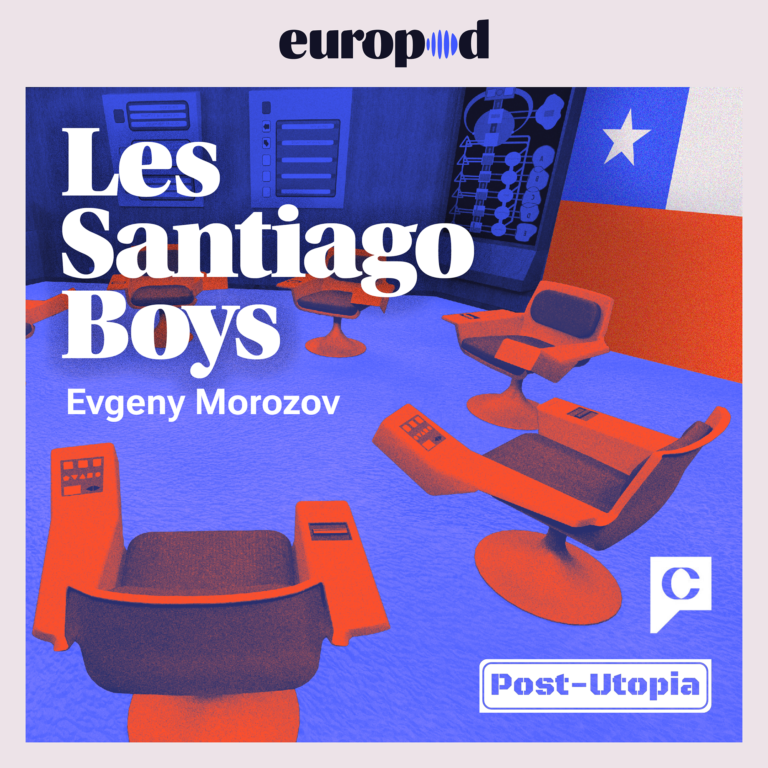By Claudia Torrisi
When I joined Europod in January 2024, I brought with me ten years of experience as a journalist, most of them as a freelancer covering social and gender issues. I had spent years reporting on reproductive rights and documenting how far-right policies affected women and minorities. But working in podcasting—especially here at Europod—has taught me something new.
Podcasting – probably more than any other medium – has the power to offer a platform where diverse voices can be heard and amplified. Over the past year, I’ve had the privilege of helping bring these voices to the forefront, both through Europe Talks Back, a Europod podcast show shining a light on the stories that matter from across Europe, produced in partnership with Sphera Network.
Going beyond the mainstream conversation
During my time producing Europe Talks Back, I worked on episodes that tackled a range of complex issues, from digital rights in the EU to gentrification, racism, and digital gender violence. What made this work so meaningful was our decision to actively prioritize perspectives from marginalized communities.
The host and I worked to ensure that the guests we interviewed represented a wide spectrum of voices—voices that were often left out of mainstream conversations.
One of the episodes that stands out to me was titled “Western Feminism Has a Whiteness Problem.” It featured the French activist and journalist Rokhaya Diallo, who spoke powerfully about how mainstream feminism often ignores the intersecting realities of race and class.
She stated that mainstream white feminism assumes that all women experience misogyny equally – but it’s not. It ignores race and class – to use the title of Angela Davis’ famous book – and other factors. It does not question power structures, representing the views and problems of the most privileged women in Europe.
I am referring to the rhetoric of those women – mostly white and middle class – who have managed to do something important or reached positions of power by saying they have broken the ‘glass ceiling’. But what is the point of breaking it if it is others who pick up the pieces?
As a white cisgender European woman, I realised that I was the first one needing to listen to these voices. And this reminded me how powerful podcasting is as a tool for change.
Empowering unheard voices
What I’ve come to appreciate about podcasting is its intimacy. Unlike other forms of media, podcasts don’t just deliver information—they invite you into a story. You’re not just hearing about someone’s experience; you’re stepping into their world, listening to their emotions, their struggles, their perspectives.
This format is particularly powerful for addressing the kinds of complex, nuanced topics that we usually cover at Europod. Social justice, democracy, human rights—these aren’t issues that can be boiled down to soundbites. They require depth, empathy, and space for different voices to be heard.
And it’s not just about what’s being said. It’s about who is saying it. Who are we giving the microphone to? Whose stories are we helping to amplify? Because the platform we create through a podcast, need to be as inclusive as the stories we tell.
Why listening matters
Podcasting is a medium that demands active listening. And in a world where marginalized voices are so often drowned out, that makes it more important than ever. My hope is that through our podcasts, we’re not just creating content—we’re creating connections, understanding, and space for the stories that deserve to be told. After all, this is the essence of Europod’s motto: “Clear the noise, start listening!”


